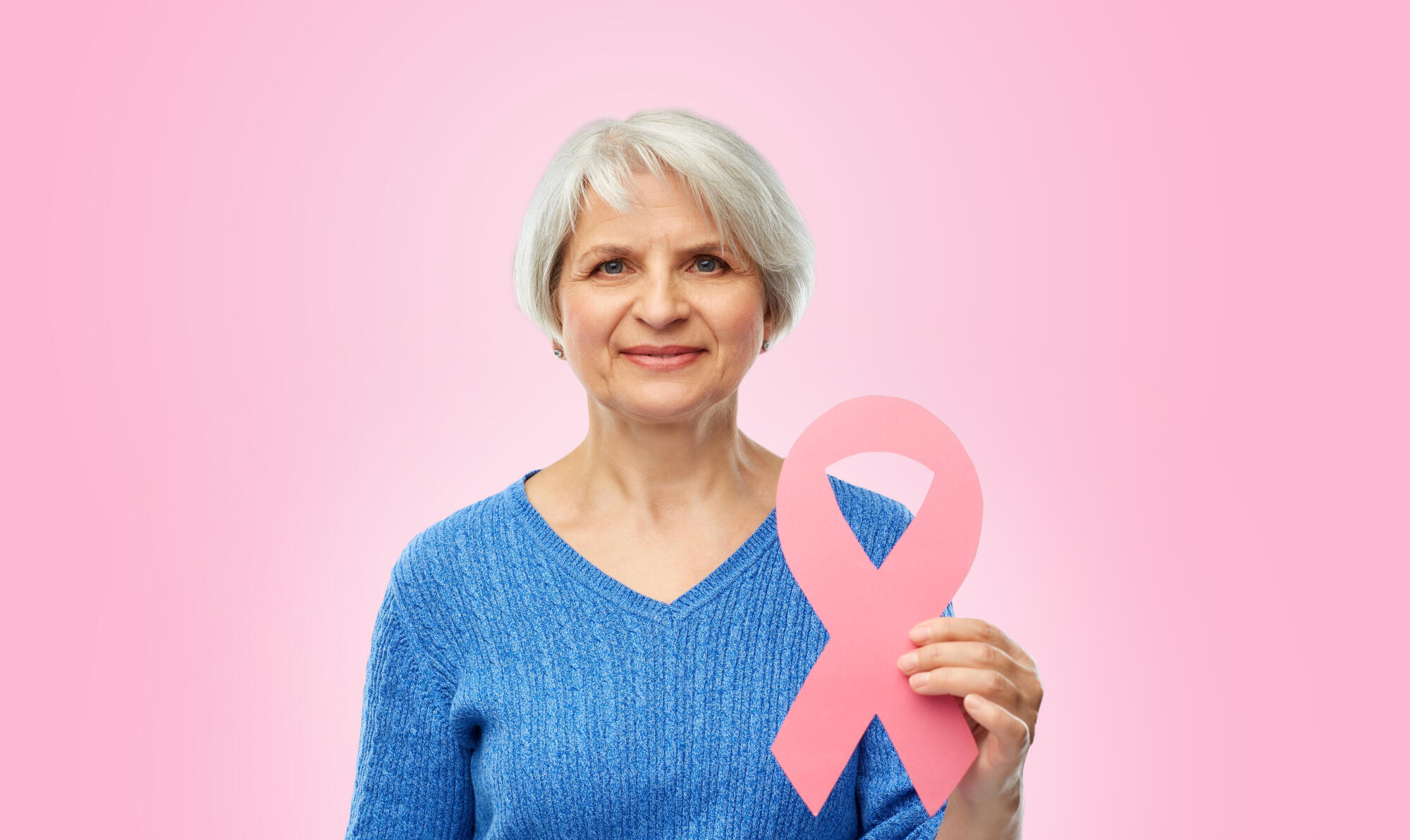Healthy food choices help protect our bodies in many surprising ways. Good nutrition supports our immune system and keeps cells strong. But did you know that what you eat can influence cancer risk, too?
Eating fruits, vegetables, whole grains, and lean proteins gives your body tools to fight damage. It matters at every age to build healthy habits that reduce risk.
Learning how nutrition links to cancer prevention gives you power and hope. Keep reading to discover how simple food choices can make a lasting difference in your health.
How Food Impacts Cell Health and Cancer Risk
What we eat sends signals to our cells about growth and repair. Nutrient-rich foods provide vitamins and minerals that protect cell DNA from damage. Processed or high-fat foods can cause inflammation and oxidative stress, which may increase cancer risk.
Balanced meals help maintain a healthy weight and reduce excess hormones that sometimes fuel cell changes. Understanding this link means choosing more protective foods and fewer risky ones.
The Role of Fruits, Vegetables, and Whole Grains
Fruits and vegetables are full of plant compounds called phytochemicals and fiber. Fiber supports digestion and may reduce the risk of some cancers by helping remove waste quickly.
Whole grains keep blood sugar stable and provide B vitamins and minerals important for cell function. Eating a colorful plate most days ensures you get a variety of protective nutrients. These foods become your allies in a cancer-preventive diet.
Lean Proteins, Healthy Fats, and Lifestyle Choices
Lean proteins like fish, poultry, beans, and nuts support muscles and repair. Healthy fats such as those in olive oil, avocados, or flax seeds reduce inflammation and support cell signaling.
Limiting red and processed meats is wise since they might raise cancer risk. Pair good nutrition with regular physical activity and enough sleep. Together, these habits build a body environment that fights back against disease.
Weight Management, Hormones, and Senior Breast Cancer Prevention Advice
Maintaining a healthy weight matters for hormonal balance and inflammation levels. Excess body fat produces extra estrogen and inflammatory chemicals that raise the risk of some cancers, including breast cancer.
Following senior breast cancer prevention advice means seniors also focus on portion sizes, nutrient-dense foods, and light exercise like walking. Staying active and nutritionally aware helps older adults reduce risk and enjoy life with strength.
Putting It All Together: Practical Tips and Daily Habits
Create simple habits like filling half your plate with vegetables at each meal. Choose whole grains instead of refined ones. Swap sugary drinks for water or herbal tea. Try to eat fish twice a week and beans more often than red meat.
Limit processed snacks and deep-fried foods. Store healthier choices in reach, plan weekly menus, and involve family or friends for support. Small, consistent changes add up over time.
Empower Yourself with Nutrition
Understanding the link between nutrition and cancer prevention empowers you to take action. You don’t have to overhaul your diet overnight. Instead, make gradual changes, one meal at a time.
As you choose more whole foods, healthy fats, and lean proteins, you help your cells stay strong. Pair these choices with light exercise and restful sleep to build a healthier lifestyle.
Over time, your body becomes a friend to your health. Start today, stay consistent, and support your well-being.
Did you find this article helpful? If so, check out the rest of our site for more informative content.

